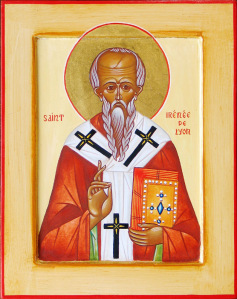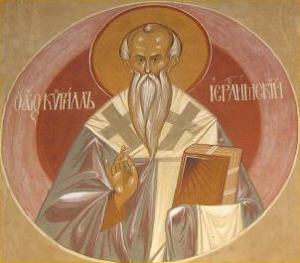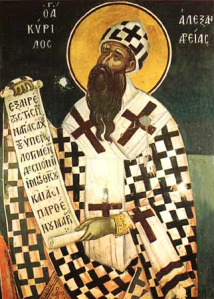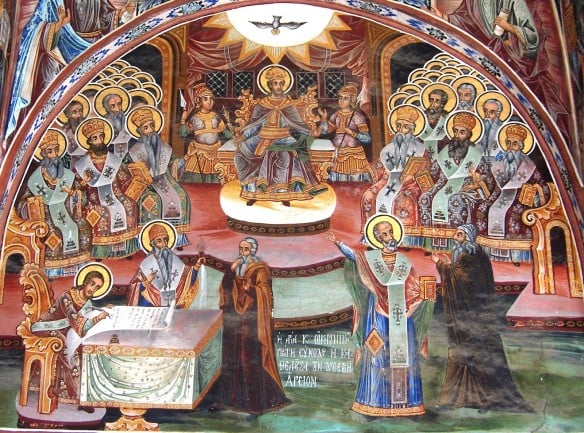When the Lord told his disciples to go and teach all nations and baptize them in the name of the Father and of the Son and of the Holy Spirit, he conferred on them the power of giving men new life in God.
He had promised through the prophets that in these last days he would pour out his Spirit on his servants and handmaids, and that they would prophesy.
So when the Son of God became the Son of Man, the Spirit also descended upon him, becoming accustomed in this way to dwelling with the human race, to living in men and to inhabiting God’s creation.
The Spirit accomplished the Father’s will in men who had grown old in sin, and gave them new life in Christ.












